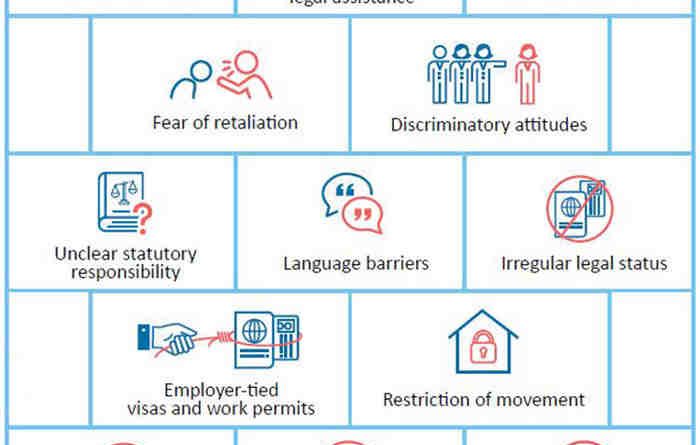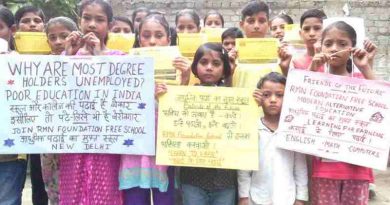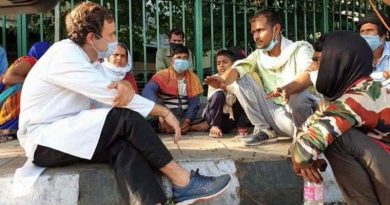Why Migrant Workers Do Not Have Access to Justice

Access to justice is often out of reach for migrant workers in South-east Asia, the United Nations labour agency reported Thursday in a study that shows non-governmental organizations (NGOs) assisting more often than Government officials or trade unions.
“Barriers to accessing formal assistance are one of the key reasons why migrant workers are vulnerable to labour rights violations during recruitment and employment,” said Tomoko Nishimoto, UN International Labour Organization’s (ILO) Assistant Director-General and Regional Director for Asia and the Pacific, in the forward to the report Access to justice for migrant workers in South-east Asia.
The report found that while the estimated 20.2 million migrant workers originating from South-east Asia have equal access to labour rights and social protections in the countries in which they work, “they frequently experience unequal and discriminatory treatment in practice.”
[ RMN Foundation: Equal Opportunity for All to Live and Progress ]
Lack of written evidence, high cost of legal assistance, fear of retaliation and language barriers are among the challenges to accessing justice noted in the report.
The authors argue that there is a substantial and largely unmet demand for fair and responsive remedies in the countries surveyed.
The study is based on complaint case data gathered by Migrant Worker Resource Centres (MRCs) from 2011 to 2015. Detailed information on over 1,000 cases involving more than 7,000 women and men migrant workers was documented in Cambodia, Malaysia, Myanmar, Thailand and Viet Nam, establishing the largest regional dataset of migrant complaints compiled within South-East Asia.
Most migrant workers who are faced with situations of exploitation and abuse seek practical resolutions, such as disbursement of unpaid wages, deployment to destination countries and return of identification documents, ILO reported.
Its release comes ahead of the World Day against Trafficking in Persons, marked annually on 30 July.
Photo courtesy: ILO





